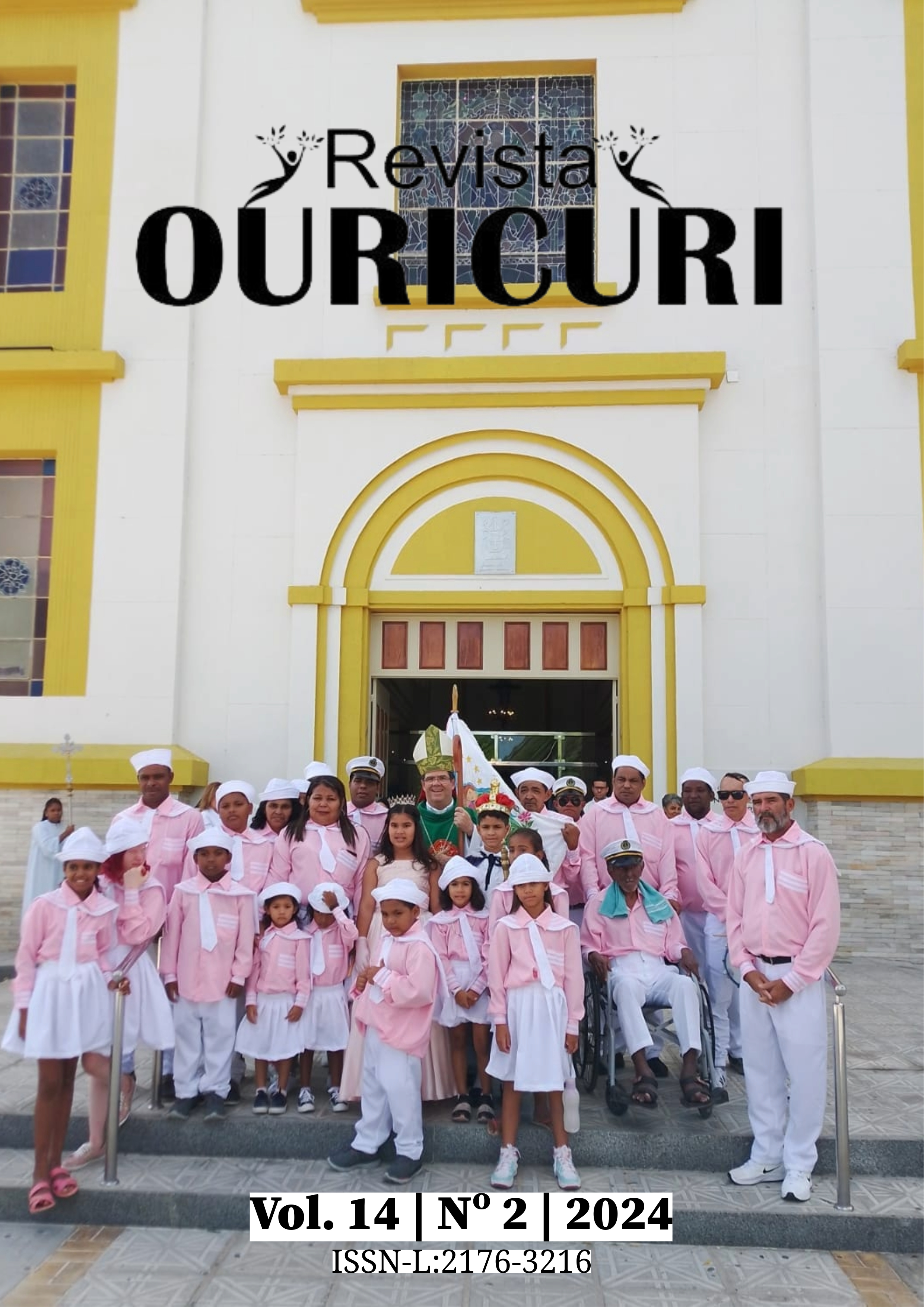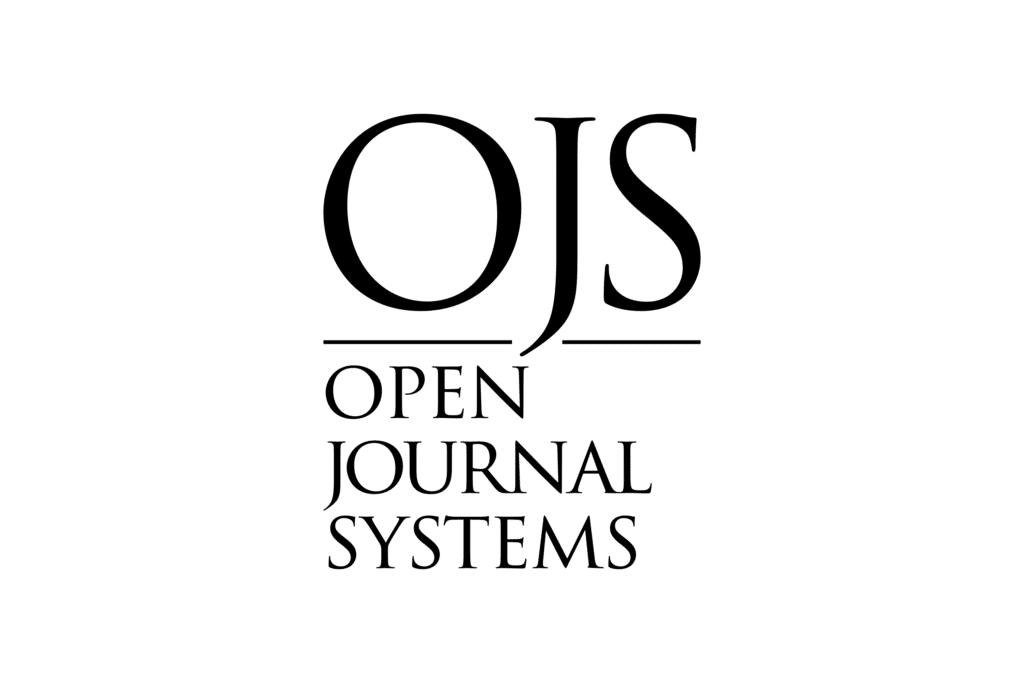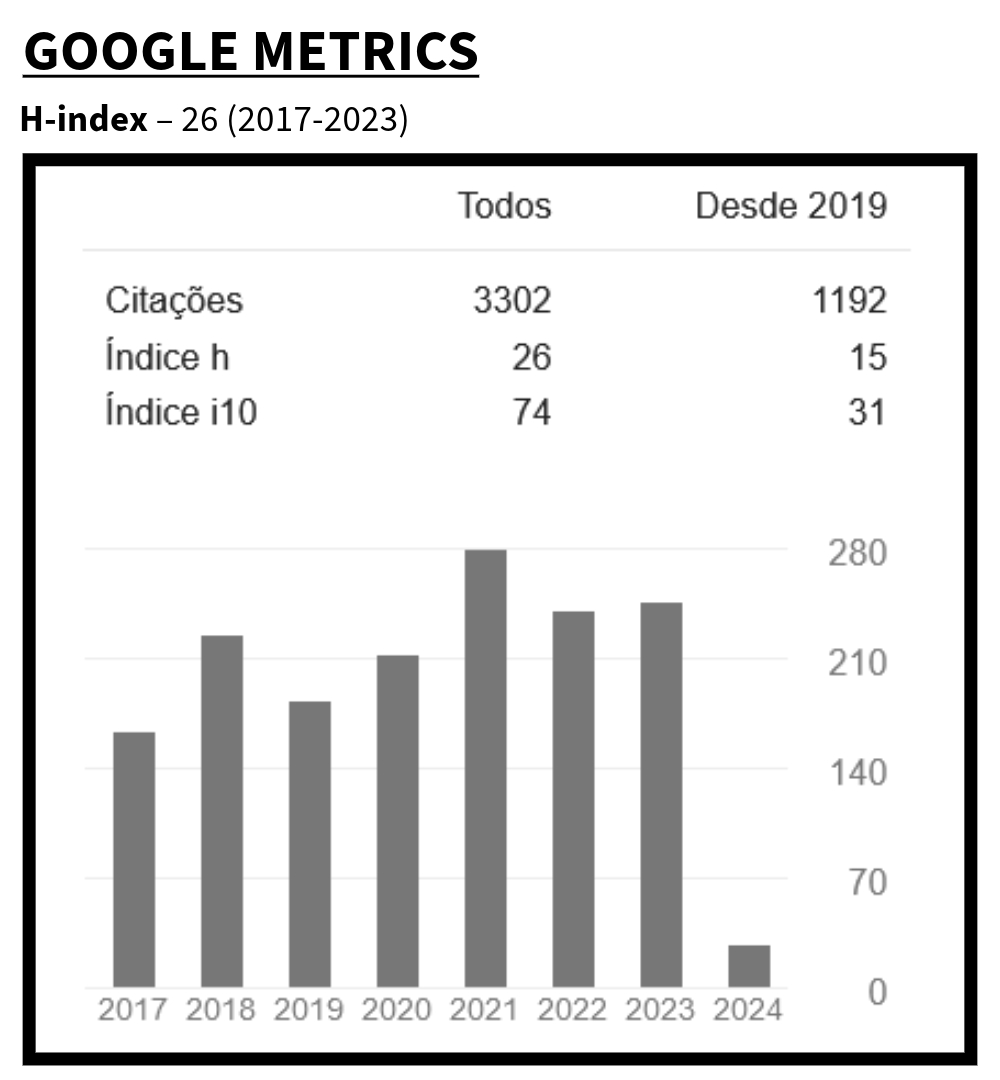Curriculum and Field Education
challenges and possibilities of Quilombola Peoples
DOI:
https://doi.org/10.59360/ouricuri.vol14.i2.a21948Keywords:
Curriculum and society, Education of/in the countryside, Tradicional quilombola people.Abstract
This article comprises a theoretical discussion established in studies on education and citizenship, aiming to reflect on the rural curriculum and education, with a view to the formation of peasant man, with regard to quilombola peoples, considering the need to point out and analyze the achievements of acquired rights. Based on a bibliographic and documentary review, where the study was anchored with the cooperation of contemporary authors, such as: Arroyo and Fernandez (1999), Caldart (2012-2008), Costa and Coelho (2022), Eça and Coelho (2021), Munanga (1996), Pinho (2017), Saviani (2016). The studies analyzed demonstrate an active role of traditional people in achieving educational rights through public policies, making it possible to ensure recognition as a participant in Brazilian society. The research also revealed that political action, shared by the collective, enables the mobilization of the agents involved to achieve academic success for Brazilian rural people, providing students with contact with formal education, without disregarding local culture. However, studies have shown that there still needs to be significant progress towards achieving a curriculum that makes the school fulfill its social role, with a view to valuing the “local knowledge” of these students. Therefore, the results will be fundamental to demonstrate what has been built and what needs to be advanced in relation to public policies to achieve equal and efficient education for the rural people (quilombola).
Downloads
References
ARROYO, Miguel Gonzalez; FERNANDES, Bernardo Mançano. A educação básica e o movimento social do campo. Brasília, DF: Articulação Nacional Por Uma Educação Básica do Campo, 1999. Coleção por uma Educação Básica do Campo,nº2.
BRASIL. Parecer CNE/CEB nº 16, de 5 de junho de 2012. Elabora as Diretrizes Curriculares Nacionais para a Educação Escolar Quilombola. Disponível em http://etnicoracial.mec.gov.br/images/pdf/diretrizes_curric_educ_quilombola.pdf. Acesso em 30 de set. 2024.
BRASIL. Constituição (1988). Constituição da República Federativa do Brasil de 1988. Brasília, DF; Presidência da República, 2016. Disponível em: https://www.planalto.gov.br/ccivil_03/constituicao/constituicao.htm. Acesso em: 30 de set. 2024.
BRASIL. Decreto nº 7.352, de 04 de novembro de 2010. Dispõe sobre a Política de educação do Campo e o Programa Nacional de Educação na Reforma Agrária (PRONERA). 2010.
BRASIL. Resolução nº 2 CNE/CEB, de 28 de abril de 2008. Estabelece Diretrizes Complementares, normas e princípios para o desenvolvimento de políticas públicas de atendimento da Educação Básica do Campo, 2008.
BRASIL. Ministério da educação. Conselho Nacional de Educação. Câmara de Educação Básica. Resolução CNE/CEB nº1, de 3 de abril de 2002. Diretrizes Operacionais para a Educação Básica das Escolas do Campo, 2012 a.
CALDART, Roseli Salete, et al. (Org.) Dicionário da Educação do Campo. Rio de Janeiro, São Paulo: Escola Politécnica de Saúde Joaquim Venâncio, Expressão Popular, 2012.
CALDART, Roseli Salete. Sobre Educação do Campo: Por uma educação do campo – política públicas – educação. Brasília: Incra; MDA, 2008.
COELHO, Wilma de Nazaré Baía; COSTA, Laércio Farias. Educação quilombola: notas sobre as contribuições das produções acadêmicas à compreensão das articulações com a legislação vigente. Revista Educação e Cultura, v. 19, n. 60, 2022.
EÇA, A. Cavalcante; COELHO, L. Andrade. Planejamento e construção do projeto político pedagógico: algumas considerações. Ensino em Perspectivas, Fortaleza, v. 2, n. 2, 2021.
Gil, Antônio Carlos Métodos e técnicas de pesquisa social. 6 ed. São Paulo: Atlas. 2008.
MUNANGA, Kabengele. Origem e histórico do quilombo na África. Revista USP, São Paulo, nº 28, p. 56-63, dez. 1995/fev. 1996.
PINHO, Ângela da Silva. Educação do campo e juventude camponesa: uma proposta de estudo na Unidade Escolar Roseli Nunes – Lagoa Grande do Maranhão/MA. VIII jornada Internacional Políticas Públicas, 2017.
SAVIANI, Dermeval. Educação escolar, currículo e sociedade: o problema da Base Nacional Comum Curricular. 2016.
Published
How to Cite
Issue
Section
License
Copyright (c) 2025 Ouricuri Magazine

This work is licensed under a Creative Commons Attribution 4.0 International License.
Authors who publish with this journal agree to the following terms:
a. Authors retain copyright and grant the journal right of first publication with the work simultaneously licensed under a Creative Commons Attribution License that allows others to share the work with an acknowledgement of the work’s authorship and initial publication in this journal.
b. Authors are able to enter into separate, additional contractual arrangements for the non-exclusive distribution of the journal’s published version of the work (e.g., by posting it to an institutional repository or publishing it in a book), with an acknowledgement of its authorship and initial publication in this journal.
c. Authors are permitted and encouraged to post and distribute their work online (e.g., in institutional repositories or on their website) at any point prior to and during the editorial process, as it can lead to productive exchanges, as well as earlier and greater citation of published work (See The Effect of Open Access).













 B1 (2017-2020)
B1 (2017-2020)


















